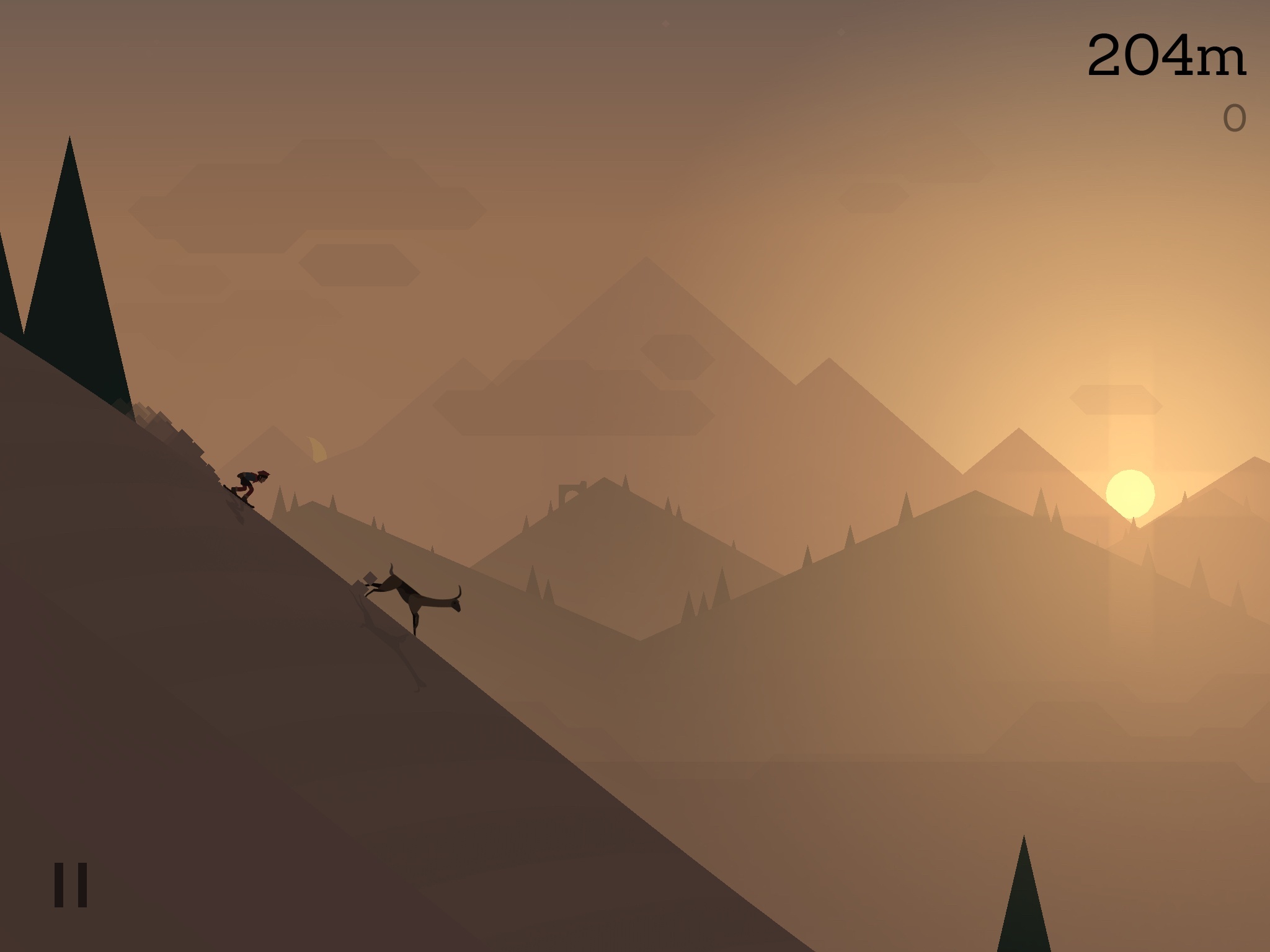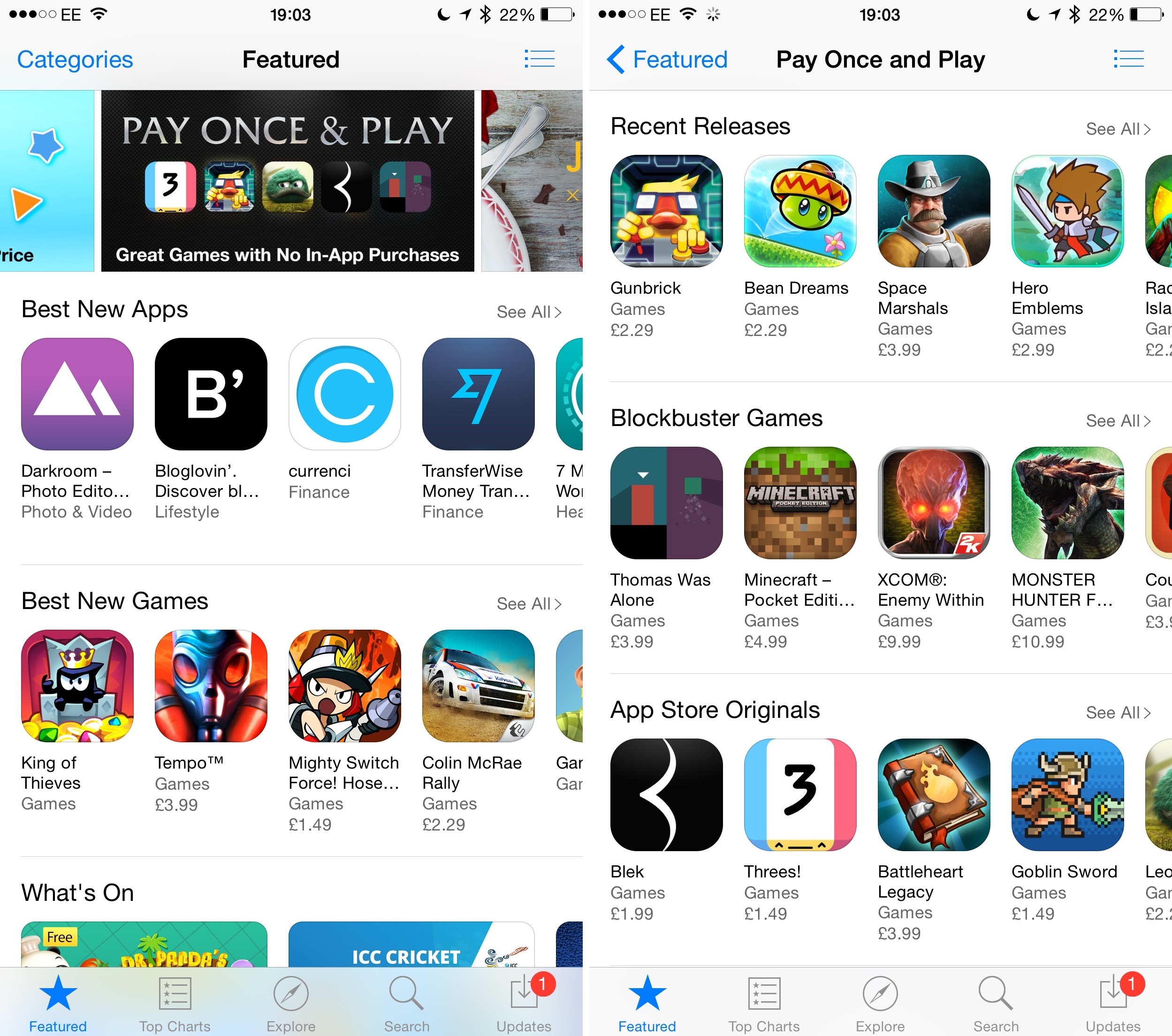Laura Hudson writes about Lifeline, an ingenious text-based adventure game for iOS that uses a messaging-like interface and actionable notifications to build a story and a relationship with the main character.
As counterintuitive as it sounds, there’s something about interacting with Taylor through text messages that can feel very intimate, perhaps because we’ve grown so accustomed to communicating our most personal thoughts with our friends through bursts of text—and waiting for their responses with bated breath.
While some mobile games intentionally frustrate players with waiting periods to compel them into spending money, waiting isn’t a coercion tactic in Lifelife, but rather a crucial part of the experience. If you die several times—or win the game—you can unlock an optional “fast mode” that allows you to skip the waiting periods, although I wouldn’t recommend it. While it might offer instant gratification, it also shatters the sense of immersion you feel, flattening the urgency and anticipation of those intermediate moments.
I love mobile games that try to do something out of the ordinary, and I’m intrigued by this idea. Lifeline is $2.99 on the App Store and you can also play it on your Apple Watch.



